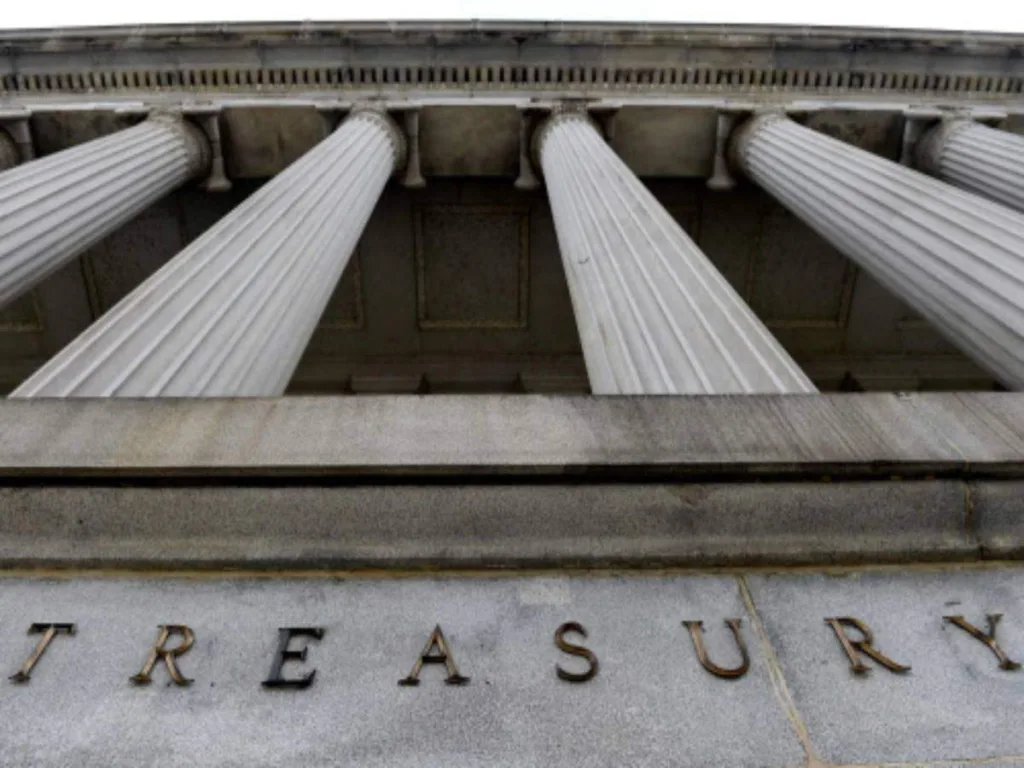UK Treasury chief Jeremy Hunt hints at tax cuts while signaling a potential squeeze on welfare benefits, sparking debate about the government’s economic priorities.
Table of Contents
UK Treasury Tax Cuts Welfare Squeeze
In the realm of economics, where numbers dance and policies sway, UK Treasury chief Jeremy Hunt has struck a chord that’s both enticing and concerning. On one hand, he’s teasing the prospect of tax cuts, a melody that sweetens the ears of many. But on the other hand, he’s hinting at a potential squeeze on welfare benefits, a discordant note that raises eyebrows.
Welfare Squeeze: A Discordant Note in the Harmony
Hunt’s balancing act comes at a time when the UK economy is navigating a delicate terrain. Inflation, that pesky intruder, has been on a downward trend, offering a glimmer of hope. But the cost-of-living crisis, a stubborn guest, continues to linger, casting a shadow over many households.
Amidst this economic tango, Hunt’s proposed tax cuts seem like a step towards alleviating the financial burden on businesses and well-heeled property owners. A reduction in corporation tax and a slash in inheritance tax could indeed provide some relief, but it’s a move that’s likely to raise questions about fairness and equity.
The potential squeeze on welfare benefits, on the other hand, strikes a different chord. While Hunt insists it’s a measure to encourage people back into the workforce, critics argue that it could further strain those already struggling to make ends meet.
Debates and Decisions: The UK’s Economic Symphony in the Making
As the debate rages on, one thing is clear: Hunt’s economic decisions will have a profound impact on the UK’s financial landscape. Whether his policies will lead to a harmonious symphony of prosperity or a cacophony of discontent remains to be seen. Only time will tell whether his balancing act will strike the right chords.








